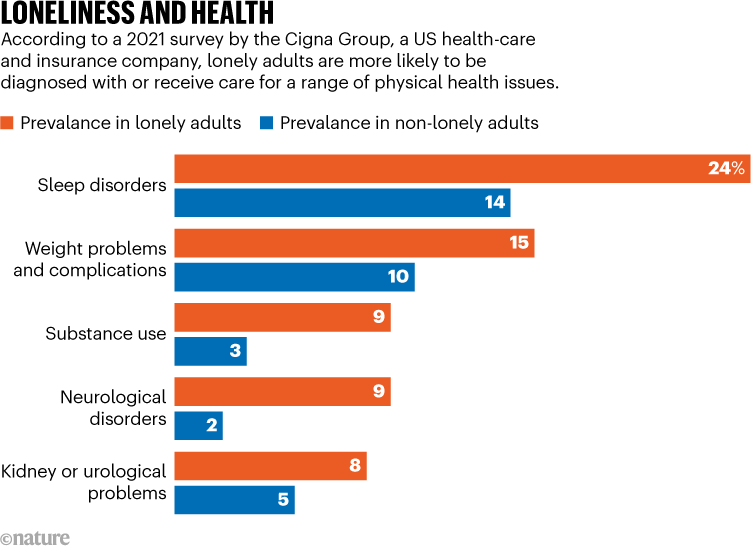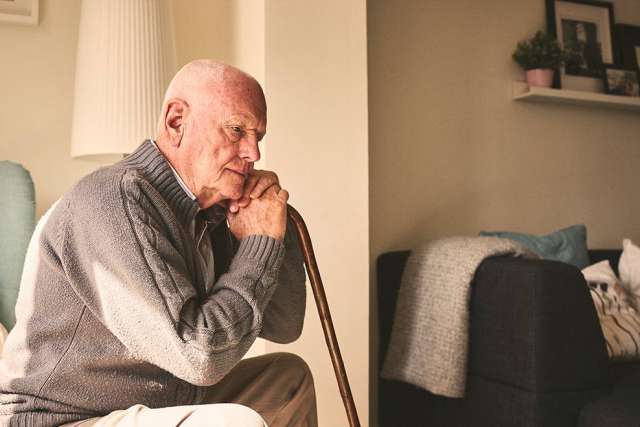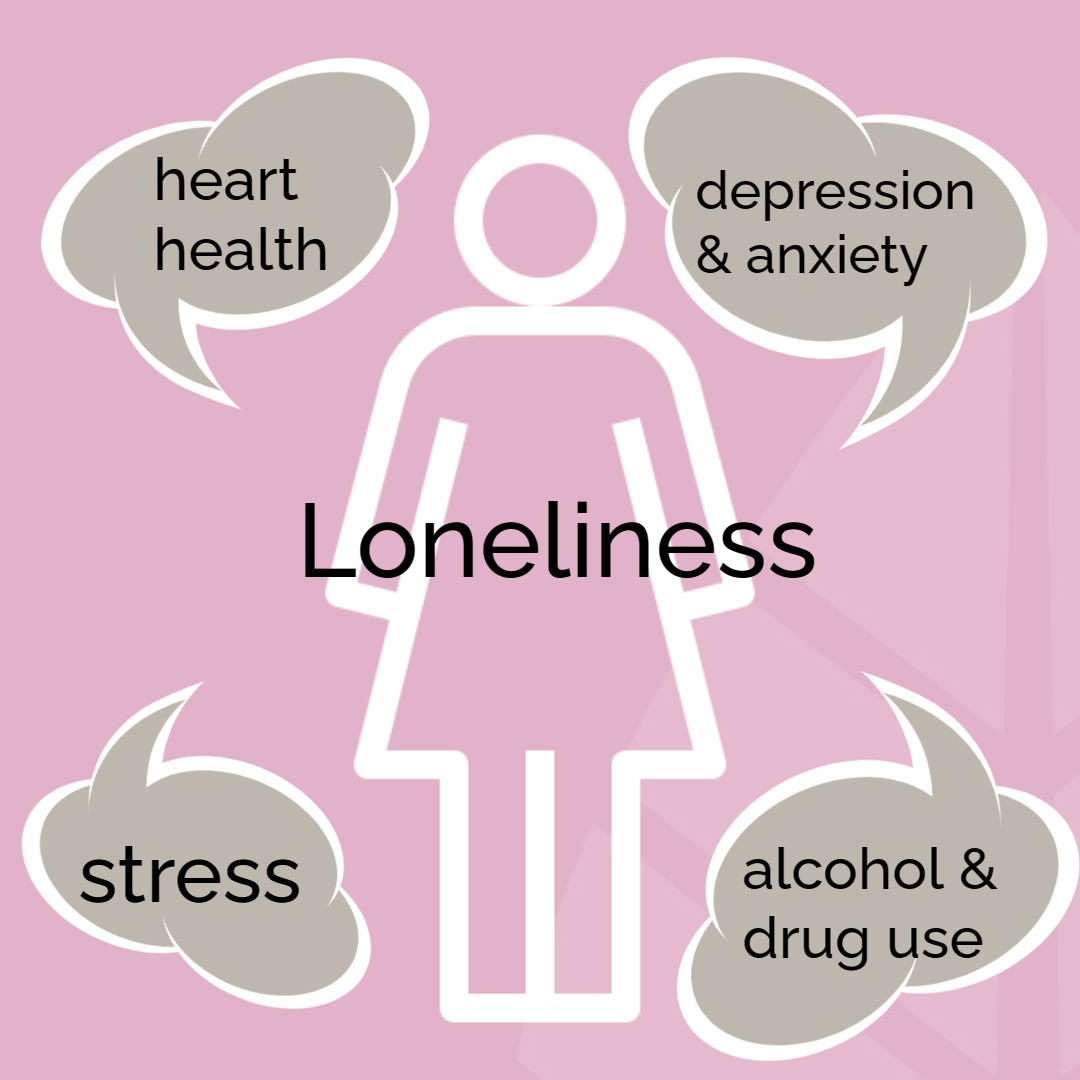Loneliness isn’t just a fleeting feeling — it’s a deep emotional wound that can impact every layer of your being. As we grow more digitally connected, paradoxically, we’re also becoming more emotionally disconnected. At Remin.site, we believe our stories, memories, and relationships are the bridges that carry our legacy forward. But what happens when those connections fray?

Understanding Loneliness: More Than Just Being Alone
Being physically alone doesn’t always equate to loneliness. You could be in a crowd or surrounded by family, yet still feel an aching disconnection. Loneliness is a subjective emotional state — a mismatch between the relationships you have and those you long for.
“Loneliness and the feeling of being unwanted is the most terrible poverty.” – Mother Teresa
- Emotional loneliness: missing deep, meaningful bonds
- Social loneliness: lacking a broader circle of acquaintances
- Existential loneliness: feeling unseen, unheard — even in the crowd
Physical Health Consequences of Loneliness
Loneliness doesn’t just hurt the heart metaphorically — it can quite literally weaken it. Studies show that chronic loneliness can be as dangerous as smoking 15 cigarettes a day.

1. Weakened Immune System
When you feel isolated, your body goes into a state of prolonged stress. This triggers inflammation and compromises immune response, making you more susceptible to illness.
2. Heart Disease and High Blood Pressure
Loneliness increases your risk of cardiovascular issues. Elevated stress hormones like cortisol and adrenaline can damage arteries over time, contributing to high blood pressure and stroke.
3. Increased Risk of Mortality
A 2024 study published in Nature highlights that socially isolated individuals had a 26% higher chance of early death, regardless of physical health or age.
Mental and Emotional Toll
Loneliness erodes our mental resilience. When left unaddressed, it can lead to a cascade of psychological challenges:
- Depression: feelings of worthlessness, hopelessness, and persistent sadness
- Anxiety: social withdrawal and hyperawareness of rejection
- Cognitive decline: isolation is associated with higher risks of Alzheimer’s and other dementias

Loneliness and the Brain
Recent neuroscience suggests that loneliness actually reshapes brain function. The brain regions responsible for threat detection, memory, and emotional regulation become more active — leading to a hyper-vigilant, anxious state that reinforces itself.
This mental loop makes people feel:
- Less trusting of others
- More sensitive to social threats
- Inclined to withdraw even further
Who’s Most at Risk?
While anyone can experience loneliness, certain groups are more vulnerable:
- Elderly individuals living alone or with mobility limitations
- Young adults navigating identity, transitions, and social media comparison
- LGBTQ+ and minority communities facing exclusion or discrimination
- Grieving families or those dealing with a loss of connection
At Remin.site, we deeply understand the pain of disconnection. That’s why we exist — to help preserve memories, family legacies, and emotional bonds, even in times of solitude.

Want to explore more about the psychological impact of disconnection? Visit our article on The Psychological Effects of Social Isolation.
How to Combat Loneliness: Healing Through Connection
Loneliness doesn’t have to be a life sentence. While the feeling is deeply personal, the solution is often collective. At Remin.site, we believe the antidote to loneliness lies in remembering — remembering who we are, where we come from, and that we’re never truly alone when our stories are shared.
1. Reconnect with Meaning
When you feel disconnected from people, reconnect with purpose. Ask yourself:
- What stories do I want to be remembered for?
- What memories do I carry that deserve to live on?
- Who in my life needs to know they are not forgotten?
Documenting your thoughts, family history, and legacies through memory preservation platforms like Remin is a powerful way to create enduring bonds — even beyond this lifetime.
“Death is not the end. It is the beginning.” – Remin.site
2. Create Opportunities for Real Human Contact
Even small acts of connection can shift our emotional state. Consider:
- Inviting a neighbor for coffee
- Joining a local workshop or interest-based group
- Volunteering for community service
- Starting a personal memory-sharing project with your family
Not sure where to begin? Our guide on Family Rituals and Their Role in Mental Health may offer simple ways to reignite your sense of belonging.
3. Seek Professional Support
There’s no shame in feeling lonely. If your loneliness persists, or begins to interfere with your daily life, speaking to a therapist or counselor may be a transformative step.
You can explore support through trusted resources like:
- BetterHelp – Online therapy
- Psychology Today – Find therapists near you
- MentalHealth.gov – U.S. government mental health resources
Collective Solutions: How Society Can Respond
Loneliness is not only a personal challenge — it’s a societal epidemic. Governments, cities, and institutions must reimagine how we structure our communities and care systems.
Public Policies That Make a Difference:
- Funding for community centers and intergenerational programs
- Accessible public spaces that encourage gathering and conversation
- Affordable housing that combats elderly isolation
- Technology literacy programs to help older adults stay connected
Countries like the UK have already appointed a Minister for Loneliness, acknowledging that this issue needs national attention — not just personal endurance.
Remin: A Living Archive Against Loneliness
At Remin.site, we offer more than memory storage — we offer connection. Your stories, your values, your voice — these are treasures meant to be shared, not buried with time.
We help individuals and families build digital legacies through:
- Audio and video story uploads
- Collaborative family timelines
- Private memory vaults passed on to loved ones
Explore how our platform can help you stay connected across generations. Because your life matters — and so do your memories.
FAQs About Loneliness and Health
❓ Can loneliness really affect my physical health?
Absolutely. Chronic loneliness increases risks for heart disease, stroke, obesity, and early death. The body interprets loneliness as stress, which leads to biological wear and tear.
❓ How is loneliness different from solitude?
Solitude is a choice, and often restorative. Loneliness is the painful absence of connection, even when surrounded by others.
❓ What can I do today to start feeling less lonely?
- Text or call someone you trust
- Go for a walk in a community space
- Reflect and journal about what connection means to you
- Record a story for your future family on Remin.site
❓ How can Remin.site help with loneliness?
By helping you preserve your voice, ideas, and life journey, Remin ensures that you’re never truly forgotten. Our platform transforms isolation into legacy — turning memory into meaning.
Final Thoughts: Loneliness Ends Where Legacy Begins
Loneliness can be devastating — but it’s not a life sentence. By reaching out, remembering who we are, and documenting what matters most, we begin to heal not only ourselves but our families and communities too.
Death is not the end — it’s the beginning. Every life deserves to be remembered. At Remin.site, we stand with you as you turn silence into story, and solitude into legacy.
Meta Description:
Discover how loneliness affects your physical and mental health, and explore human-centered strategies to reconnect and heal. Build legacy through Remin.site.
